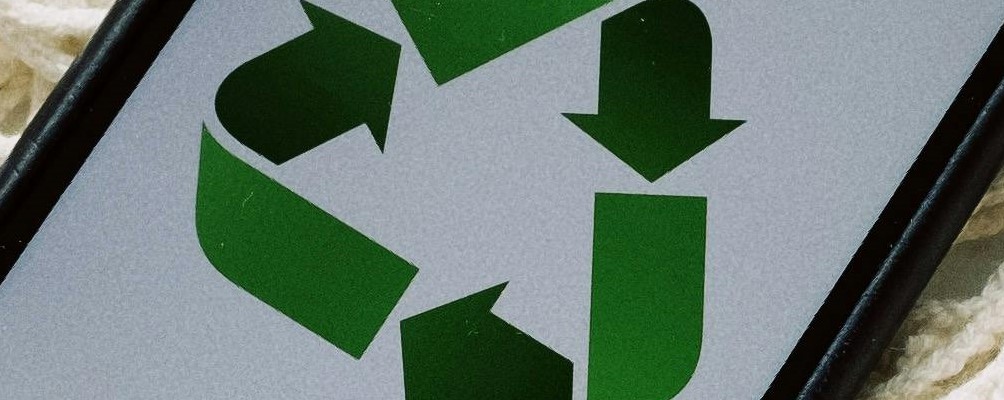
Where Sustainability Intersects with Profit: The Ethics of Greenwashing
Eco-friendly and sustainable products are two well-used catchphrases used in marketing various products. But sometimes the claims that a product is environmentally sustainable are false; this is called ‘greenwashing.’ Greenwashing is deceptive or misleading advertising to entice consumers to buy a product claimed to be eco-friendly. There is an ethical way for your organization to remain committed to a sustainable product that can be labeled truthfully as environmentally conscious. Read on for tips on how you can maintain a green company without greenwashing, including how an ethics hotline can help.
Transparent and Authentic Eco-Friendly Claims
Packaging or labeling should clearly and honestly depict the sustainability of the product. Concise language should be used and ensure that language sets your product apart from the others based on eco-friendly claims. Policies that firmly and clearly state the organization’s stance on truth in advertising should be interwoven into the company’s ethics policies.
Reports and Data Should Support Actual Efforts
Reports, white papers, or newsletters can support the organization’s pursuit of sustainable offerings. Providing information publicly illustrates a commitment to transparency and accountability. Sharing these facts and figures reinforces your continuous efforts to maintain sustainability and eco-friendly practices. An ethics hotline is one way of gathering feedback or critiques from staff and leadership to continue best practices toward an ethical, environmentally conscious operation.
Prioritize Ethical Transparency and Accountability
Being upfront with your company’s position on operating an environmentally friendly business model is imperative, even if the process is in its early stages. For many organizations, switching their business models towards reducing carbon footprint and operating an eco-friendly company is a relatively new practice. By inviting the public to join in on this journey, you can build confidence. And consumers are more willing to buy a product or service based simply on a company’s efforts towards sustainability. Prioritize being accountable, not perfect.
Invite External Contractors and Partners to Support Your Efforts
Once your organization moves forward with sustainability efforts and reducing the carbon footprint, external entities can get on board and mirror these practices. Suppliers, contractors, or other networks can all display efforts for a green business model, using your organization as an example. Procuring materials sustainably is a positive move to reduce carbon footprints, and lower emissions and other pollutants. And going green isn’t just a siloed practice when you can invite your partners to join your mission.
Address Greenwashing Specifically
Federal regulations are clear concerning the legal implications of greenwashing. Costly legal fees and a loss of consumer confidence are serious consequences of greenwashing accusations. By implementing an ethics policy that speaks to greenwashing, employees and leadership understand how to spot and stop it. Protecting the organization’s reputation should be a priority, and employees must have a method of reporting any deviation from the policy. An ethics hotline gives employees a safe, confidential communication method for submitting concerns or complaints. Reports from the hotline can shed light on weak areas of the company’s business practices and could be the impetus for updating policies or procedures.
Get Sustainability and Ethics Support with Ethical Advocate
Creating policies and procedures that move your company toward a sustainable business model can seem like a large undertaking. To protect your company from greenwashing and other ethical challenges ahead, consider an ethics hotline and support from our trusted team at Ethical Advocate. Contact us to discuss your plans and current ethics policy efforts. We can help you devise an actionable approach to being sustainable, ethical, and socially responsible in 2025!
